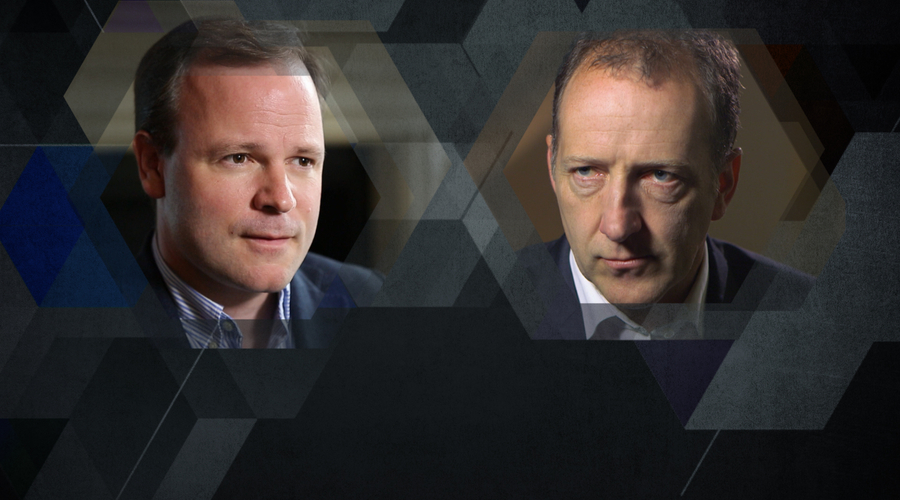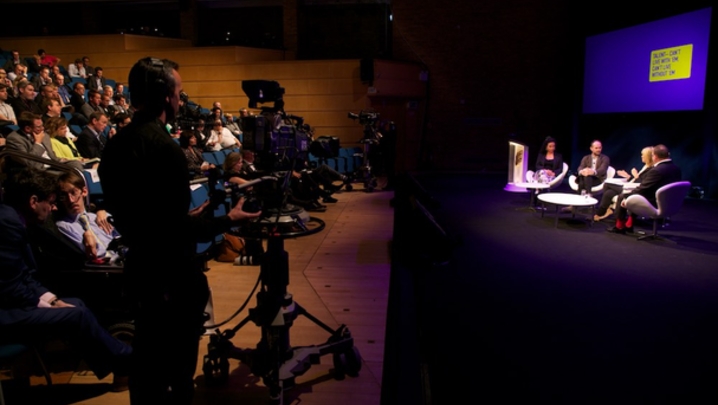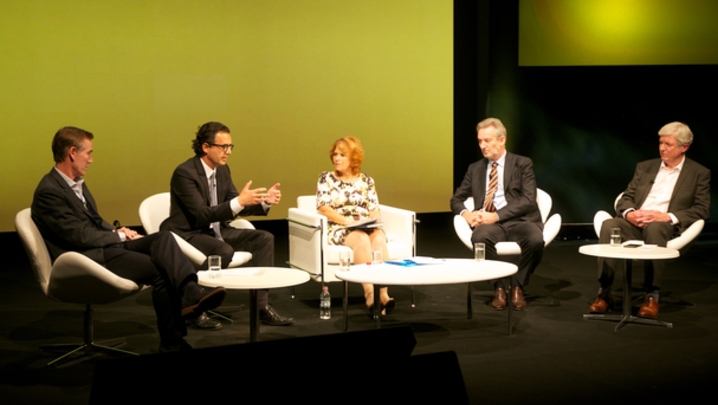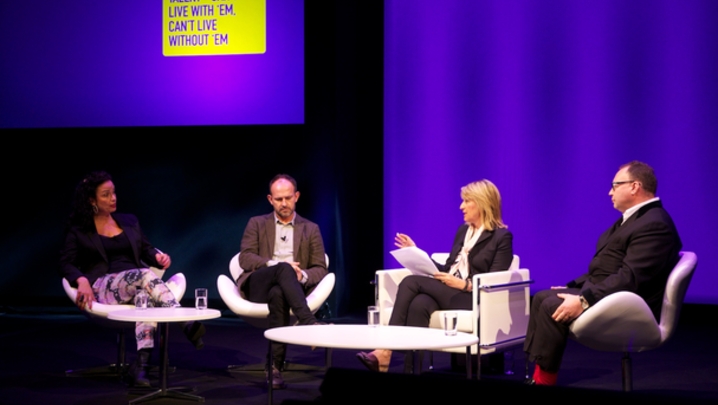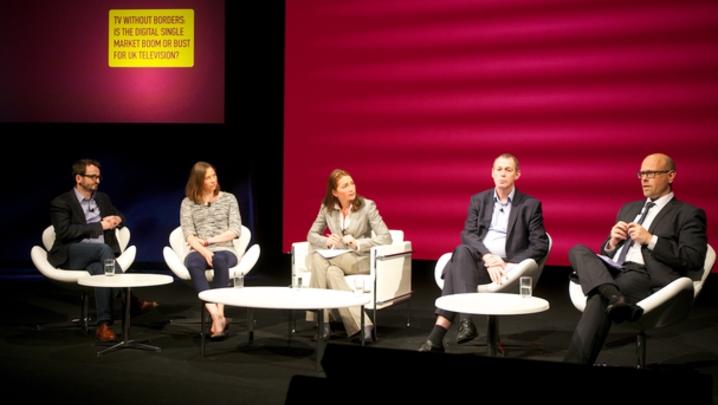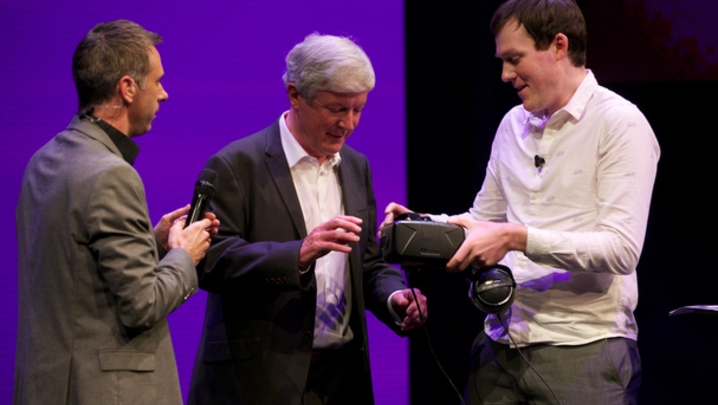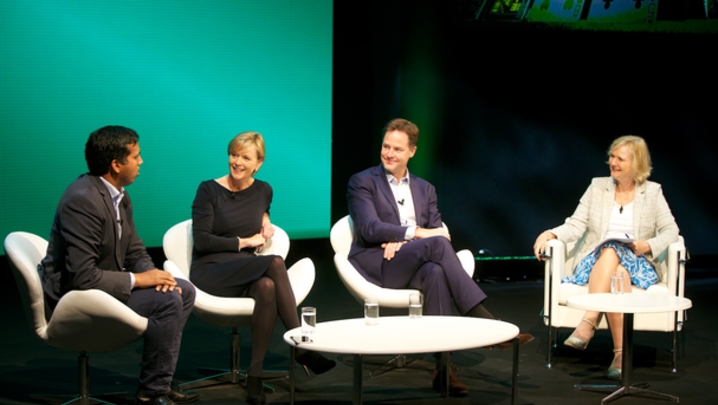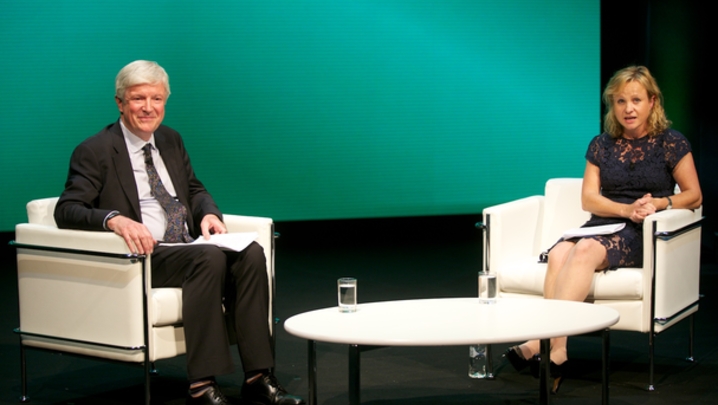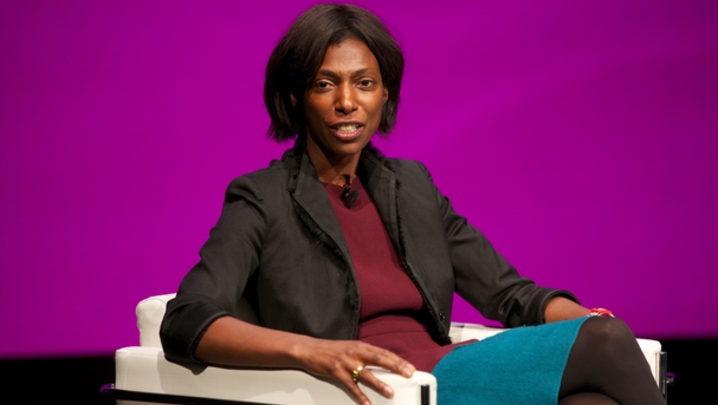In an election that most thought too close to call relationships between broadcasters and political parties became at times terse. Both sides criticised media outfits for accepting the narrative of their opponents.
So, on reflection, how did broadcasters fare? For the first time both Craig Oliver and Tom Baldwin (head of media for the Conservative and Labour parties respectively) have given their views to the RTS on how the 2015 General Election was covered by broadcasters.
“The broadcast media has got some very specific questions to ask itself after the general election…. Broadcasters managed to persuade themselves that the one result that actually happened would be impossible”, says Craig Oliver, in the film made by BBC Newsnight for the RTS Cambridge Convention 2015.
“A lot of people who should have been reporting the election wanted to be commentators, and wanted to commentate on it, and they took certain things as truisms and used that as part of their commentary throughout. For example Labour had a better ground campaign was a truisim that was always used”.
Oliver was on the winning side, but battles waged during the election have left their scars. For Oliver there were two pieces of broadcast journalism that were particularly unedifying during the campaign – both from the BBC.
“You ended up in situations where BBC presenters were betting the Prime Minister £1,000 that he couldn’t win a majority. You ended up in a situation where night after night Newsnight would finish its programme - or use right in the middle of its coverage of the election - a poll… that was absolutely in the fabric of so much broadcast coverage”.
For both spinners it was broadcasters’ overreliance on polls that remains particularly raw, for very different reasons.
“If the polls had been right” says Baldwin “it would have been much easier to get broadcasters, get the press in general, to discuss the risk of a Tory second term. The last three weeks of the campaign shouldn’t have been about a hung parliament and whether Labour was going to be propped up by the SNP, but about whether David Cameron was heading for a majority, and what a majority Conservative government would mean.”
Baldwin argues that the overemphasis on a SNP/Lab pact had a material result on the election, but also admits that Labour could have done more to blunt the accusation.
“We didn’t want to get caught up in speculation… we said no coalition straight away, but perhaps we could have gone further [have ruled out any deal]… Maybe we should have gone the whole hog right from the get go.”
A common view amongst the commentariat is that the psephological under-reporting of Conservative support actually helped the Tories. It allowed them to ask voters what a hung parliament, and more specifically what a minority government led by Ed Miliband, might look like. I asked Oliver whether he had any sympathy with that view:
“You can argue that… But the reality is that had the polls been different, had the polls been more accurate, then that [SNP/Lab speculation] may not have been a debate, but it’s kind of a moot point because the reality is that we would have been ahead”.
Both men view broadcasters’ conjecture – what might or might not have happened in a hung parliament - with particular disdain. Oliver is especially scathing of how speculation came at the expense of policy scrutiny:
“What are the parties saying they are going to do on transport, education, health? What is their economic policy? What are they saying about the constitution? Reporting that, criticising it, holding it up to very heavy scrutiny is a very important thing to do. And it wasn’t really done enough if we’re being honest. The reality is that for vast tracts of the last month of the campaign in particular in terms of broadcasting, you might as well have all gone off on holiday and not actually done it”.
It was the reluctance of broadcasters to focus on policy that Tom Baldwin attributes to perhaps the most memorable blunder of the campaign – Ed Stone.
“It wasn’t our most glorious moment”, says Baldwin. “It probably should have been stopped before it emerged blinking into the glare of publicity… but the reason why it was there was a function of our growing desperation to get coverage back to the issues, back to our positive agenda.”
Oliver acknowledges that not all broadcasting of the election should be pilloried, and accepts that the party was able get some traction within broadcast media.
“I think that we managed to set the questions…We felt very clearly that who is competent to run the economy? and what would happen if the Labour party were in coalition with the SNP? were two very good questions. I’m not sure when you interview Tom Baldwin that he could come back with any particularly brilliant questions that they asked us”.
Baldwin however believes that although the Conservative media strategy was ultimately successful it was also negative - a tactic that broadcasters helped to propagate:
“Was it a more effective campaign? Yes. Is negative campaigning, and Lynton Crosby style electioneering more effective? Yes. Could broadcast have helped mitigate that? Yes. Did it? No.”

